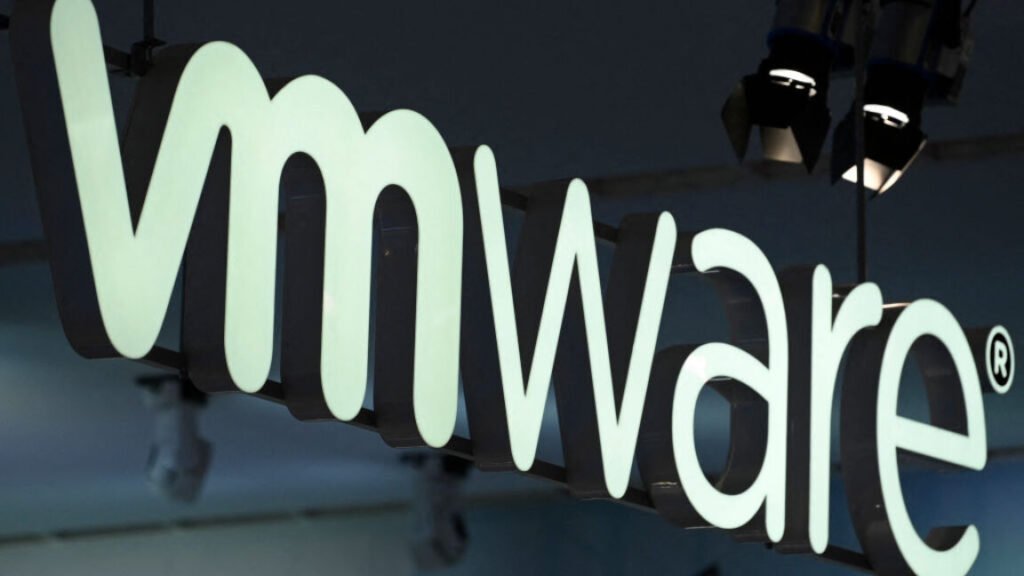Peter Sarlin, Silo AI co-founder and chief executive, called the acquisition the “logical next step” as the Finnish group seeks to become a “flagship” AI company.
Silo AI is committed to “open source” AI models, which are available for free and can be customized by anyone. This distinguishes it from the likes of OpenAI and Google, which favor their own proprietary or “closed” models.
The startup previously described its family of open models, called “Poro,” as an important step toward “strengthening European digital sovereignty” and democratizing access to LLMs.
The concentration of the most powerful LLMs into the hands of a few US-based Big Tech companies is meanwhile attracting attention from antitrust regulators in Washington and Brussels.
The Silo deal shows AMD seeking to scale its business quickly and drive customer engagement with its own offering. AMD views Silo, which builds custom models for clients, as a link between its “foundational” AI software and the real-world applications of the technology.
Software has become a new battleground for semiconductor companies as they try to lock in customers to their hardware and generate more predictable revenues, outside the boom-and-bust chip sales cycle.
Nvidia’s success in the AI market stems from its multibillion-dollar investment in Cuda, its proprietary software that allows chips originally designed for processing computer graphics and video games to run a wider range of applications.
Since starting to develop Cuda in 2006, Nvidia has expanded its software platform to include a range of apps and services, largely aimed at corporate customers that lack the in-house resources and skills that Big Tech companies have to build on its technology.
Nvidia now offers more than 600 “pre-trained” models, meaning they are simpler for customers to deploy. The Santa Clara, California-based group last month started rolling out a “microservices” platform, called NIM, which promises to let developers build chatbots and AI “co-pilot” services quickly.
Historically, Nvidia has offered its software free of charge to buyers of its chips, but said this year that it planned to charge for products such as NIM.
AMD is among several companies contributing to the development of an OpenAI-led rival to Cuda, called Triton, which would let AI developers switch more easily between chip providers. Meta, Microsoft, and Intel have also worked on Triton.
© 2024 The Financial Times Ltd. All rights reserved. Please do not copy and paste FT articles and redistribute by email or post to the web.




